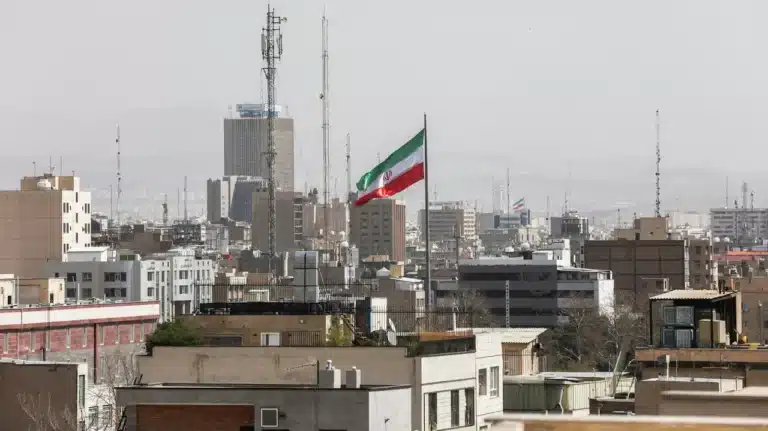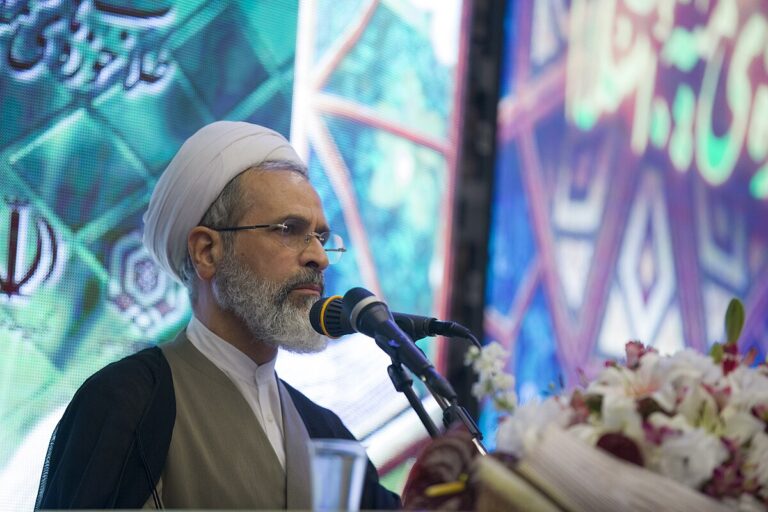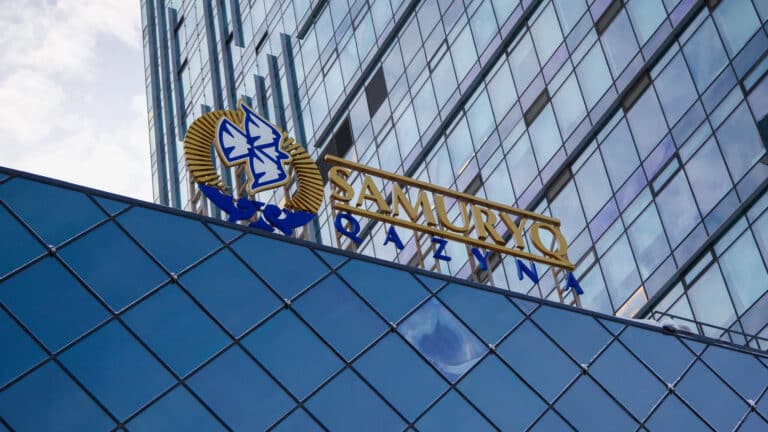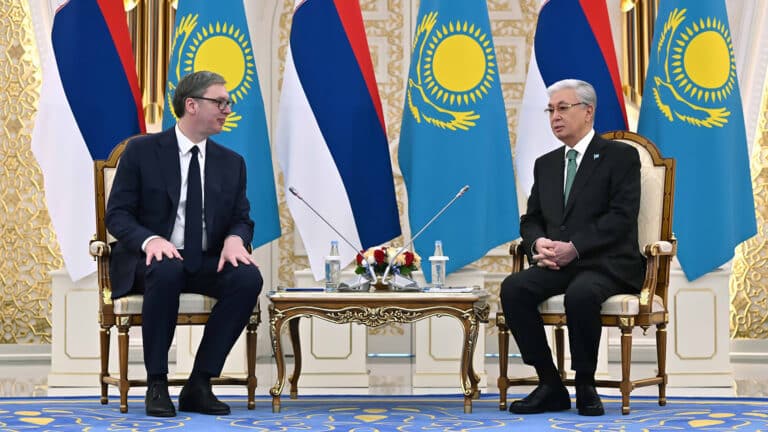
Kyrgyz President Sadyr Japarov has rejected proposals by some politicians to revise the status of the Russian language in Kyrgyzstan, stating in an interview with the Kabar news agency that he does not support such changes.
Official language
Japarov emphasized that Russian is designated as an official language in the country’s Constitution, and altering that provision would be a mistake.
«We have the Russian language enshrined in the Constitution as an official language,» he said. «It was for this support of the Russian language that Vladimir Vladimirovich [Putin] expressed his gratitude. It’s not the Russian language that needs us — it is we who need the Russian language.»
The president stressed that knowledge of Russian is essential, particularly for Kyrgyz citizens who study or work abroad. He noted that even in neighboring Uzbekistan and Tajikistan, Russian remains a key language for communication.
While calling for the continued development of the Kyrgyz language, Japarov said that fluency in Russian and English remains important.
«Look at today’s youth — many of them speak three or four languages. Knowing several languages is good. Wherever you go, you feel free,» he noted.
Language divide
In late May 2025, a contentious draft language law passed its first reading in Kyrgyzstan’s parliament, the Jogorku Kenesh, sparking heated debate over national identity, interethnic relations and civil rights. The proposed law would require candidates for public office and civil service jobs to demonstrate proficiency in the Kyrgyz language.
While proponents argued that the legislation would strengthen the status of the Kyrgyz language, critics warned that it could marginalize non-Kyrgyz ethnic groups and incite unrest.
MP Kunduzbek Sulaimanov emphasized that the new law does not restrict the use of Russian. He clarified that the proposed regulation simply mandates knowledge of Kyrgyz in addition to Russian for parliamentary candidates and public servants.
In February, media reports highlighted that Kyrgyz citizens can now change their last names by removing Russian suffixes, following the parliament’s approval of new name-spelling options.














